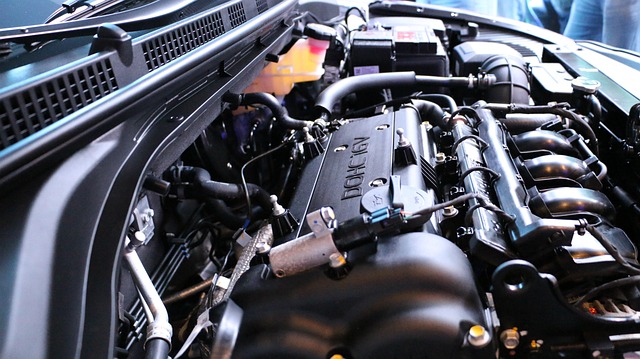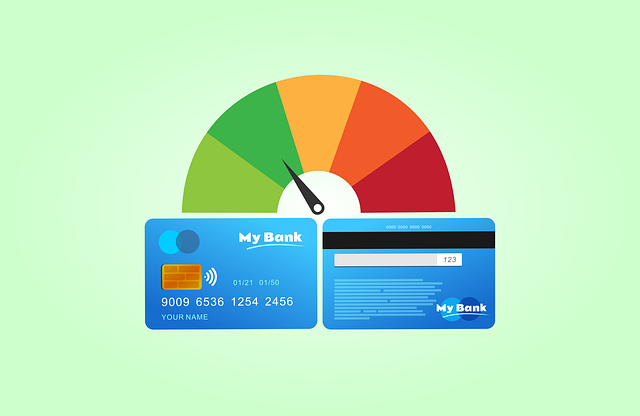Vehicle title loans offer quick cash using a car's title as collateral, with lower interest rates but repossession risk if not repaid on time. Personal loans provide flexible, accessible funding without asset pledging, catering to diverse financial needs and customizable repayment plans, but may have higher interest rates. The best choice depends on individual circumstances: personal loans for flexibility and vehicle title loans for immediate, high-value expenses where lower rates are prioritized over potential asset loss.
Looking to secure a loan but unsure where to start? Explore the options of Vehicle Title Loans and Personal Loans. This guide offers a comprehensive look at each, empowering you to make an informed decision.
We break down the fundamentals of vehicle title loans, highlighting their unique features and benefits. Conversely, we examine personal loans, emphasizing their versatility and accessibility. Through a side-by-side comparison, discover which option aligns best with your financial needs and circumstances.
- Understanding Vehicle Title Loans: A Comprehensive Overview
- Personal Loans: Unlocking Financial Flexibility
- Comparing the Two: Weighing Pros and Cons for Your Situation
Understanding Vehicle Title Loans: A Comprehensive Overview

Vehicle title loans are a type of secured lending that allows individuals to borrow money using their vehicle’s title as collateral. This option is popular among those in need of fast cash, offering a straightforward and relatively quick way to access funds. When applying for a vehicle title loan, lenders assess the value of your car and set a loan amount based on its equity. The process typically involves providing proof of ownership, driving records, and identification. Once approved, borrowers can receive their funds, often within the same day or a short period afterward.
These loans are particularly appealing as they provide better interest rates compared to traditional personal loans or cash advances. However, it’s crucial to remember that if you fail to repay the loan on time, lenders have the right to repossess your vehicle. With a title pawn, borrowers essentially trade their vehicle’s ownership for fast cash, making timely repayment essential to regain full possession of their asset.
Personal Loans: Unlocking Financial Flexibility

Personal Loans offer a flexible and accessible avenue for individuals seeking financial support. Unlike collateral-based loans like Vehicle title loans, personal loans do not require the pledging of assets, making them a popular choice for those who prefer a simpler borrowing process. With these loans, borrowers can access funds quickly, often with a minimal vehicle inspection or other extensive requirements. This speed and ease contribute to their appeal, especially in urgent financial situations.
One significant advantage lies in the loan terms; personal loans are known for their customizable repayment periods, allowing borrowers to tailor their payments according to their financial capabilities. This flexibility ensures that individuals can manage their debt effectively without the pressure of strict, fixed schedules commonly associated with other types of financing, including Vehicle title loans.
Comparing the Two: Weighing Pros and Cons for Your Situation

When considering a loan option for your financial needs, comparing Vehicle title loans and personal loans is crucial. Both have their merits and demerits, making the choice dependent on your unique situation. Personal loans are unsecured, meaning no collateral is required, which makes them accessible to many. They offer flexibility in terms of purpose, allowing borrowers to use the funds for any valid reason. Repayment plans can be tailored to fit individual budgets, with fixed rates and terms providing predictability. However, personal loans often have higher interest rates than secured options like San Antonio Loans or Houston Title Loans.
On the other hand, Vehicle title loans are secured by your vehicle’s title, making them a popular choice for borrowers who need quick cash. These loans typically feature shorter terms and lower interest rates compared to personal loans, as the lender mitigates risk through the collateral. However, this security comes with a potential downside: if you fail to repay, you could lose your vehicle. This option is best suited for those needing immediate funds for specific purposes, like Loan Refinancing, where the lower rates can make up for the risk.
When deciding between a vehicle title loan or a personal loan, understanding your financial needs and constraints is key. Vehicle title loans offer a unique advantage with potentially higher approval rates and lower interest rates for those with good credit, but they come with the risk of losing your car if repayments are missed. Personal loans provide more flexibility in terms of usage and repayment periods, making them ideal for specific expenses like home improvements or weddings. Ultimately, the best choice depends on your individual circumstances; a thorough comparison ensures you secure the most suitable loan option without compromising your financial stability.






